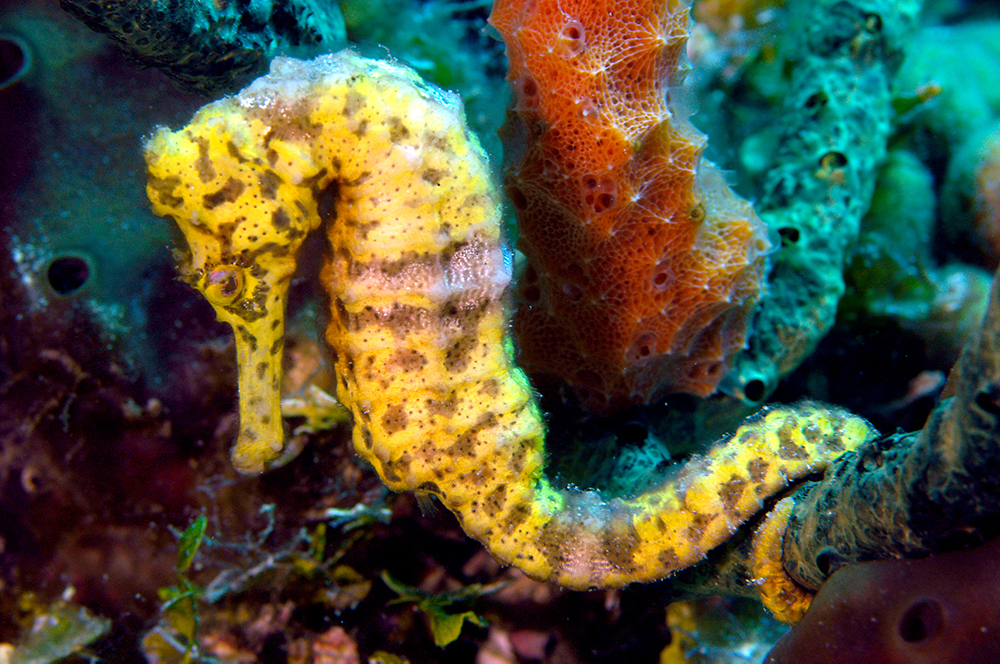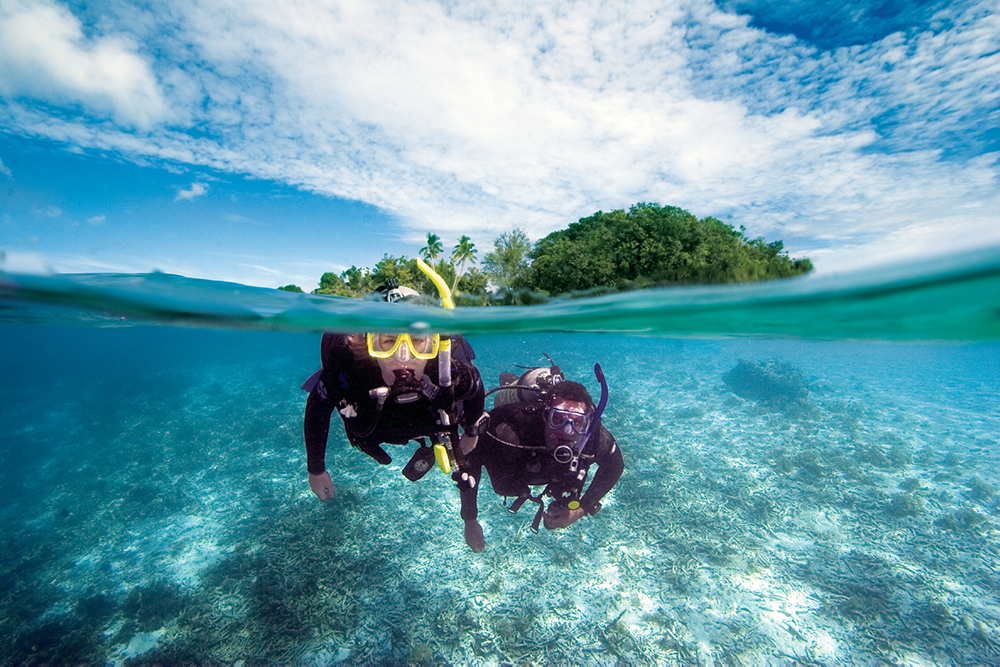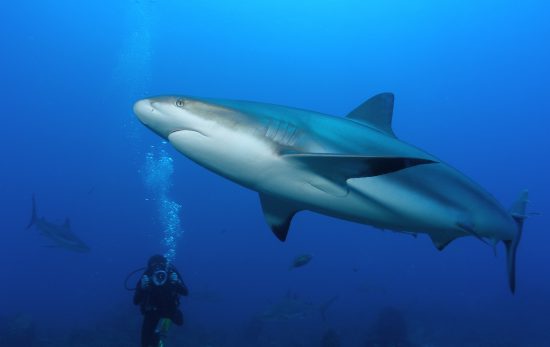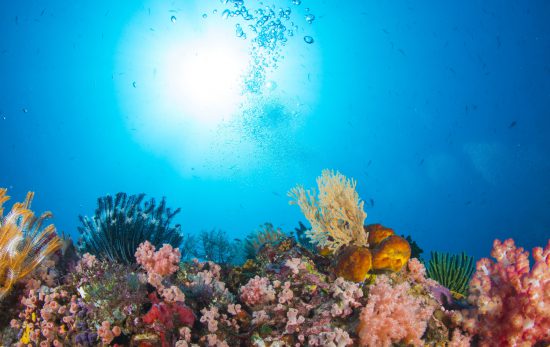In addition to learning how to breathe underwater, you’ll also discover interesting things about your fellow students during your PADI® Open Water Diver course. For example:
#1 Who Has Good Critter Juju
Depending on where you learn to dive, you’ll be amazed how some divers are magnets for interesting wildlife. Some people regularly see turtles on every dive, others can spot even the tiniest pygmy seahorse. Make friends with these people and encourage them to take dive trips with you.

#2 There are Auditory and Visual Learners
For some people, the easiest way to learn a new skill is by watching someone demonstrate it, or by looking at a diagram. Others absorb information better by having something explained step-by-step, or by reading about it.
No matter what learning style you prefer, the PADI® system of education provides audible, written and visual explanations of all key concepts. For example, when you learn to clear water from your mask, you’ll:
- Learn the steps by reading about them
- Watch a video of a diver performing this skill
- Observe your instructor demo-ing the skill while s/he describes the steps
- Finally, you’ll try the skill for the first time with a PADI Pro by your side
#3 Some People Are Patient and Good at Following Directions – Others Are Not
Your scuba instructor will point out the key attributes of each skill and encourage students to relax and take things slow. This is easier said than done for some divers.
Whether it’s due to excitement, nerves, or a combination of both, some dive students follow instructions verbatim and others just dive in. Impatient students can struggle in open water because going slow is the key to enjoying long dive times, seeing interesting marine life and being a good dive buddy. They also tend to be unduly hard on themselves for not mastering a skill on the first try.

#4 Everyone is a Nerd About Something
There’s a lot to geek out about in scuba: underwater critters, exotic travel, historic wrecks, and of course diving equipment. Some people hear the word “nudibranch” and snicker, others could talk for hours about these colourful gastropods. At the beach, some people see a technical diver wearing multiple tanks and wonder, why would anyone want to carry all that gear? But aspiring tech divers wonder why anyone would want to limit their underwater time to just one tank.
#5 Moving Around in Zero Gravity Comes Naturally to Some
Most of us are pretty good at moving around on land without bumping into objects or other people. But when you add an up and down dimension, things can get hinky.
Controlling your up/down position in the water column is an important skill for divers. You don’t want to crash down on the reef, and you don’t want to accidentally float into someone above you. Managing your buoyancy and remembering to look all around you (not just side to side) is something that comes naturally to some, but for most people it takes practice.
If you’re not a PADI Diver, but want to learn more about the underwater world (and human behavior) you can start online today with PADI eLearning®. If you’re unsure whether scuba diving is for you, contact a PADI Dive Centre or Resort and ask about a PADI Open Water Diver course®. A PADI Professional will help you try scuba for the first time and take your first breaths underwater.


